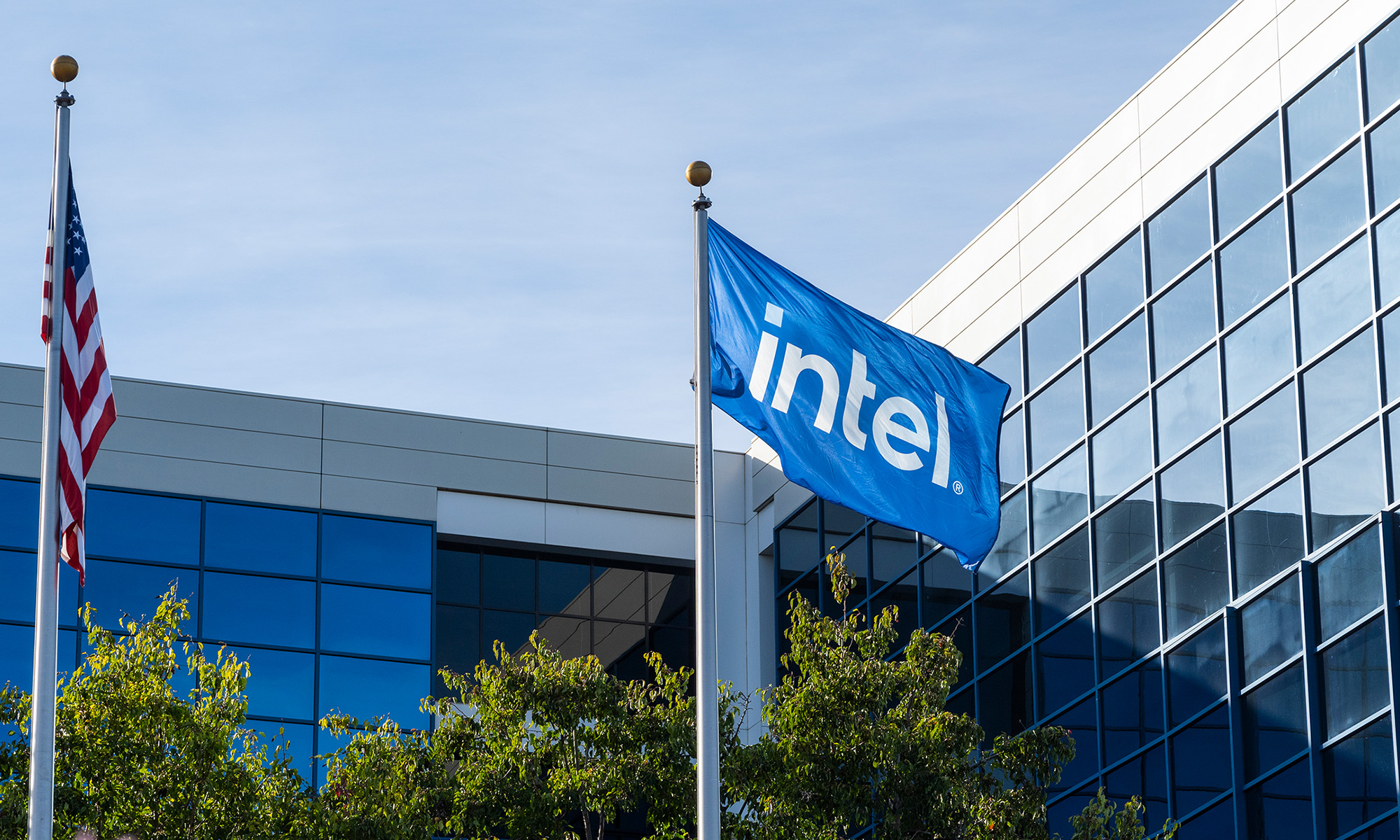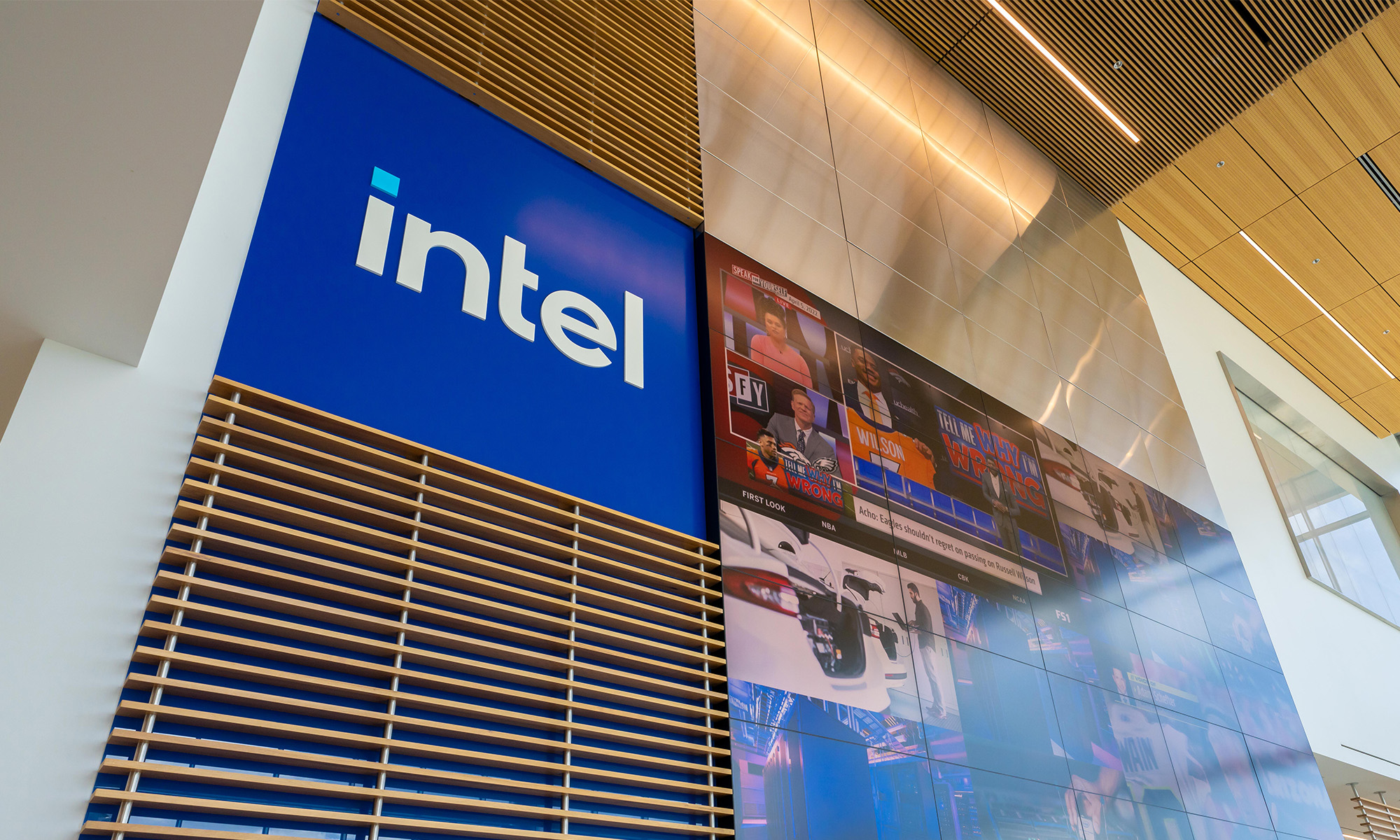There has been quite a lot of talk about Intel (INTC 2.81%) potentially supplying stand-alone cellular modems to Apple (AAPL 0.93%) for some of its iPhones. However, to date, every iPhone that Apple ships features a modem designed by Qualcomm (QCOM 1.22%).
This isn't a surprise given that Qualcomm is often several steps ahead of Intel when it comes to cellular modems. Qualcomm's most recent announcement of its X16 LTE modem built on a modern FinFET manufacturing technology only served to solidify the lead it has over Intel and, indeed, the rest of the industry.
At a glance, it looks as though given Qualcomm's commanding technological lead, Intel might not have a chance of winning the Apple modem spot. However, before completely writing Intel off as a potential Apple modem supplier, I think it will be worth watching what the company announces at Mobile World Congress later this month.
What do we need to see?
Although Intel has said that it is significantly cutting spending in phones and tablets, it's actually slightly increasing its investments in stand-alone modems. To date, these investments have not borne much fruit, with the company routinely promising "LTE modem ramps" that never materialize.
This, in my view, is largely due to the fact that the company's products haven't been competitive and, worse of all, have gotten less competitive with time. Intel's current XMM 7260 product is several generations behind and the XMM 7360 part that it was sampling to customers at the end of 2015 is also woefully off the mark.
At Mobile World Congress, I would like to see Intel talk about a couple of things:
- When will we see a stand-alone modem implemented in the company's 14-nanometer FinFET process with? Qualcomm is already sampling such a modem to customers now.
- When will we see Intel integrate the CDMA assets that it acquired from VIA Telecom last year?
The answer to the first question is important because in order for Intel to be competitive, it needs to have a power/performance-competitive stand-alone modem built on its 14-nanometer technology for a very high-volume ramp to intercept the iPhone 7s.
The answer to the second question is also of critical importance. If Intel is able to integrate CDMA into the XMM 7460 (the follow-on to this year's XMM 7360), then this would help Intel immensely in trying to win a future flagship iPhone. In fact, given that Apple seems to be moving toward having a single iPhone SKU for all regions/carriers, CDMA support is likely a must-have for a flagship iPhone.
If Intel can't catch up, then it's toast in the stand-alone modem department
Intel seems to be trying extremely hard to be able to win Apple, but so far, its teams have not been able to deliver the goods. I am sure that Apple would love to have a second source for such a critical component, and I doubt that Apple is all that thrilled to be funding Qualcomm, which works hard to enable direct competitors to Apple's bread-and-butter iPhone business.
However, if Intel doesn't catch up soon, then I fear that the gap between what Intel can do and what Qualcomm is able to do will simply become too wide. In that case, Intel shouldn't even bother and should just shutter its mobile/cellular efforts entirely as they're likely not cheap.








